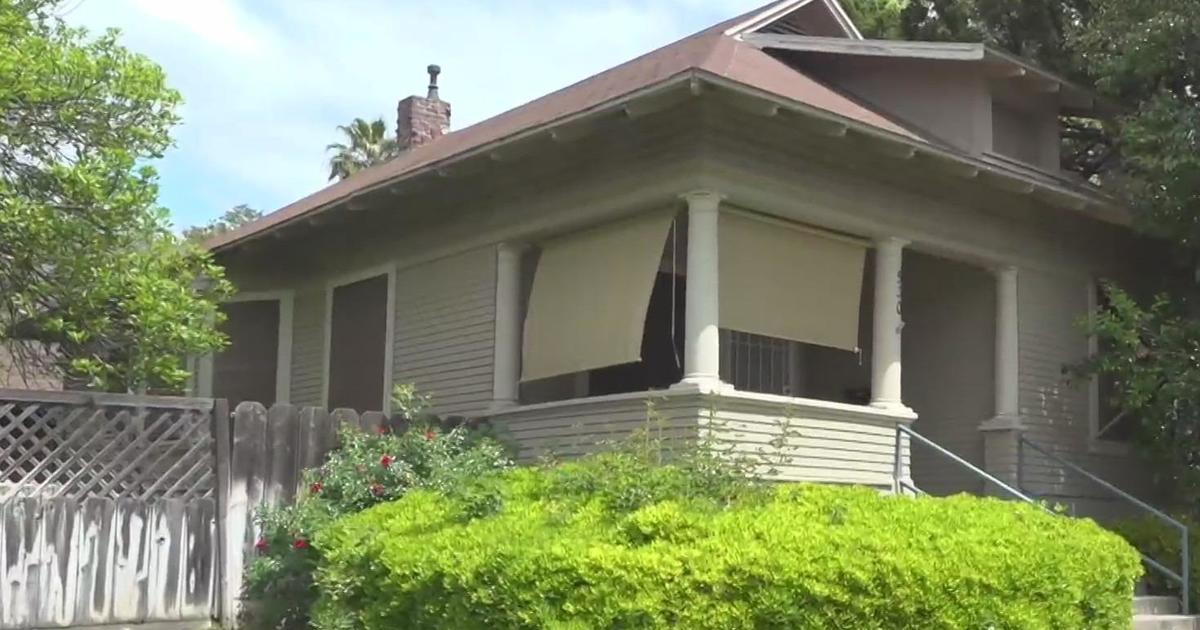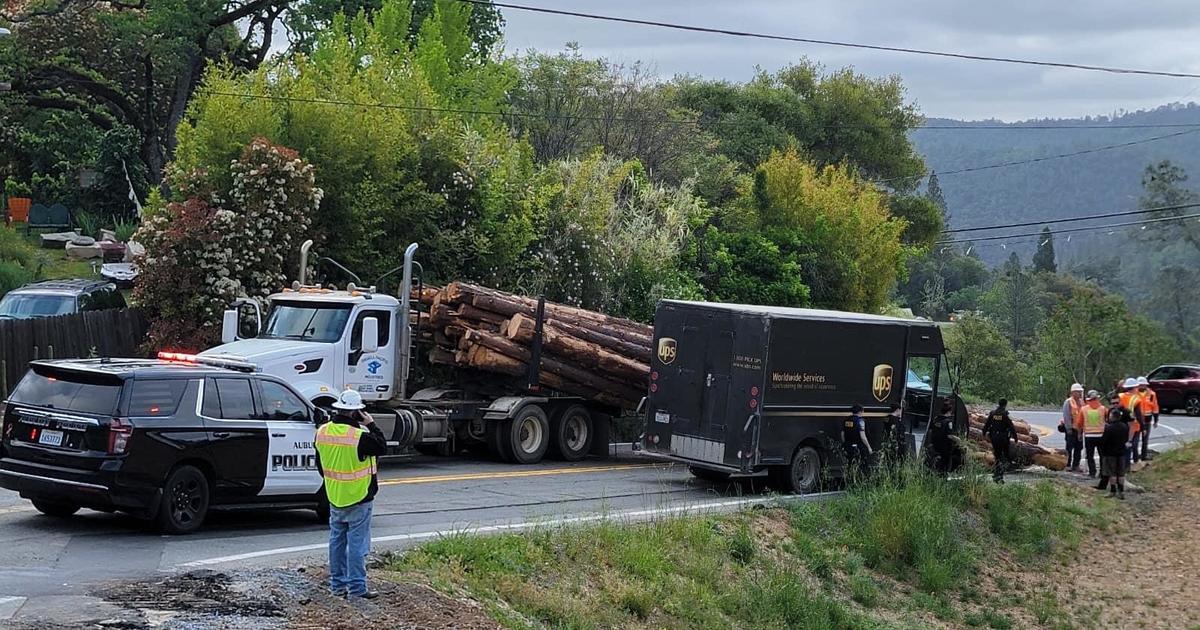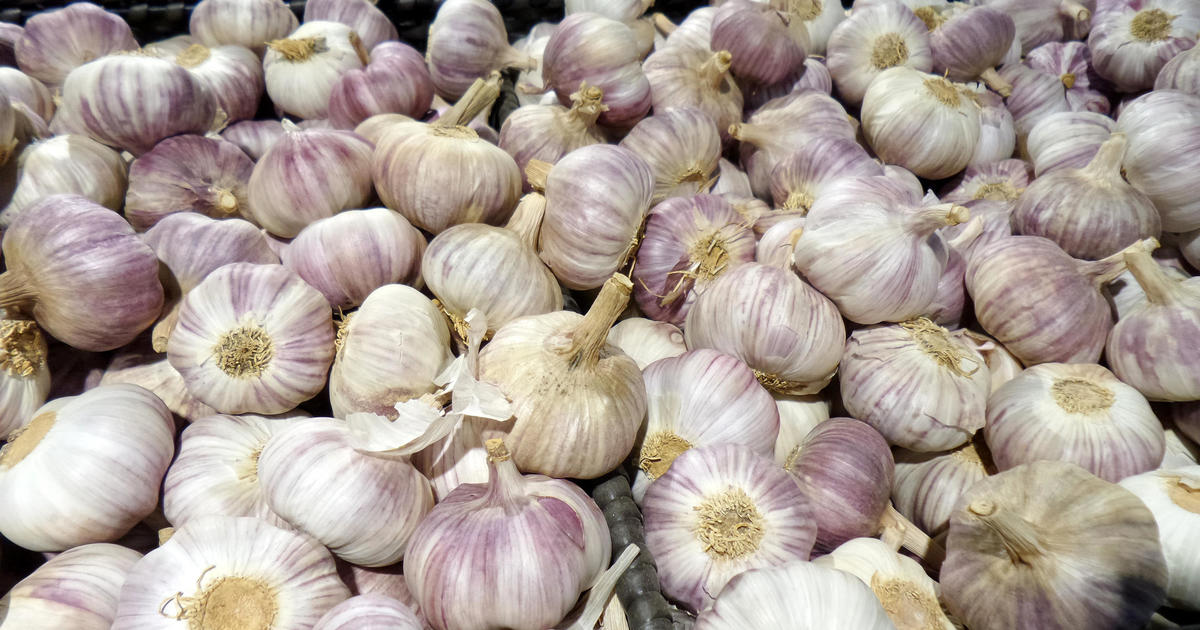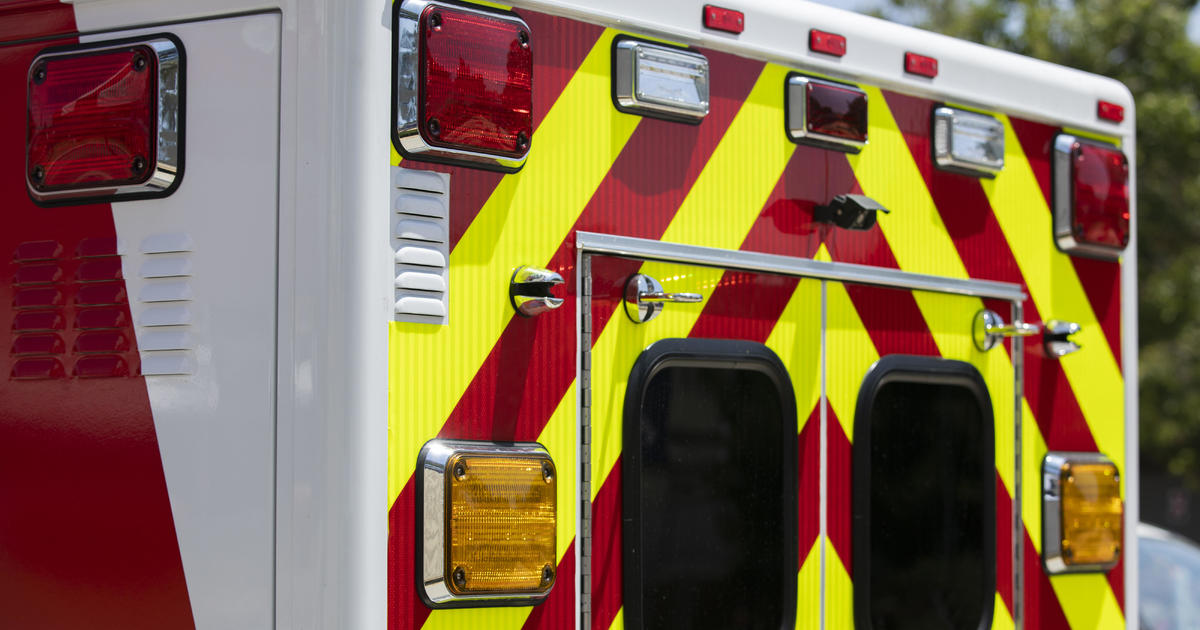Voters To Face Longer Ballot With More Choices In Today's Primary
SACRAMENTO, Calif. (AP) -- Tuesday's statewide primary election was providing the first real test of sweeping voter-approved reforms aimed at making producing more competitive contests and more moderate candidates.
Those who headed the polls were confronted with a longer, more complicated ballot -- the product of a new top-two primary system and redrawn legislative and congressional districts.
For the first time, an independent panel of citizens drew the boundaries for revamped legislative and congressional districts, and only the top two vote-getters in each race will advance to the November ballot, regardless of their political party.
Despite the intrigue for political insiders, though, voter turnout was expected to be well below 40 percent, perhaps even only a quarter of the state's 17.1 million registered voters. Election officials in some parts of Northern California also were also coping with an unusual phenomenon for a June election in California -- rain.
Former Gov. Arnold Schwarzenegger, a Republican who helped orchestrate and campaigned for the political reforms, said in a Facebook post Monday that they are meaningless if voters don't go to the polls.
"If you agree that politics should not be about political parties, but people, it's critical everyone get out and vote. Especially to all the independents. The primary no longer leaves you out," he said.
Voters who are not affiliated with any political party now account for 21 percent of registered voters and are the fastest-growing segment of the California electorate.
Some of the hottest contests are those in which candidates of the same party are vying to meet again in November -- a new phenomenon thanks to the top-two primary.
Democrats hope to pick up as many as six seats from California's 53 congressional districts and have been working to register more voters in traditionally Republican-leaning areas of the Central Valley and the Inland Empire region of Southern California.
Democratic U.S. Sen. Dianne Feinstein is up for re-election this year but faces no serious challenger, despite facing 23 challengers from a variety of political persuasions.
The party has also been working toward a supermajority in the state Senate thanks to newly redrawn districts, although they are unlikely to cross that threshold in the Assembly, denying them the ability to pass tax and fee increases without GOP votes.
Republicans are making runs at some incumbent Democrats, particularly in the Central and San Joaquin valleys.
Voters will decide just two ballot measures Tuesday, after the Legislature passed a law saying all future initiatives must appear on general election ballots.
Proposition 28 asks voters if they want to alter California's legislative term limits, which were approved by voters in 1990. The measure would reduce the total number of years lawmakers can serve in the Legislature from 14 to 12, but it would allow them to serve all of that time in one house. The current term limits are among the strictest in the nation. Three, two-year terms can be served in the 80-member Assembly, and two, four-year terms in the 40-member Senate.
Voters also are being asked to add a $1-a-pack tax to cigarettes to help fund cancer research and anti-smoking campaigns. The measure is backed by cycling legend and cancer survivor Lance Armstrong.
Opponents, including tobacco companies, have poured more than $46 million into their campaign, compared with the $12 million raised by supporters.
Voter registration figures released Friday showed Democrats continue to have the largest share of registered voters at 43 percent, while Republican registration has slipped to 30 percent.
(Copyright 2012 by The Associated Press. All Rights Reserved.)



